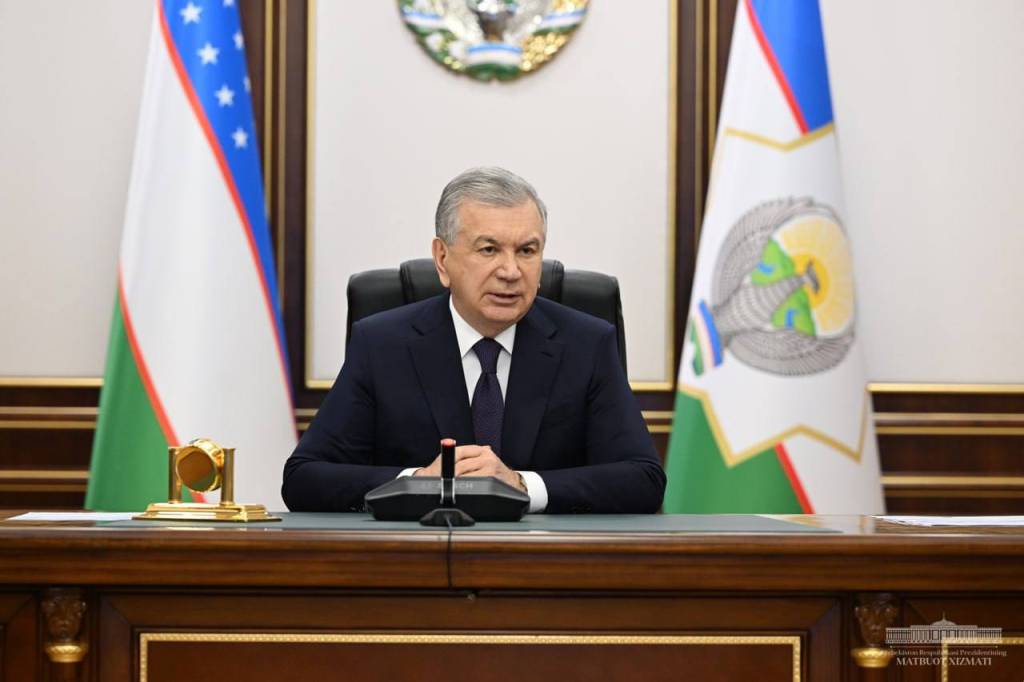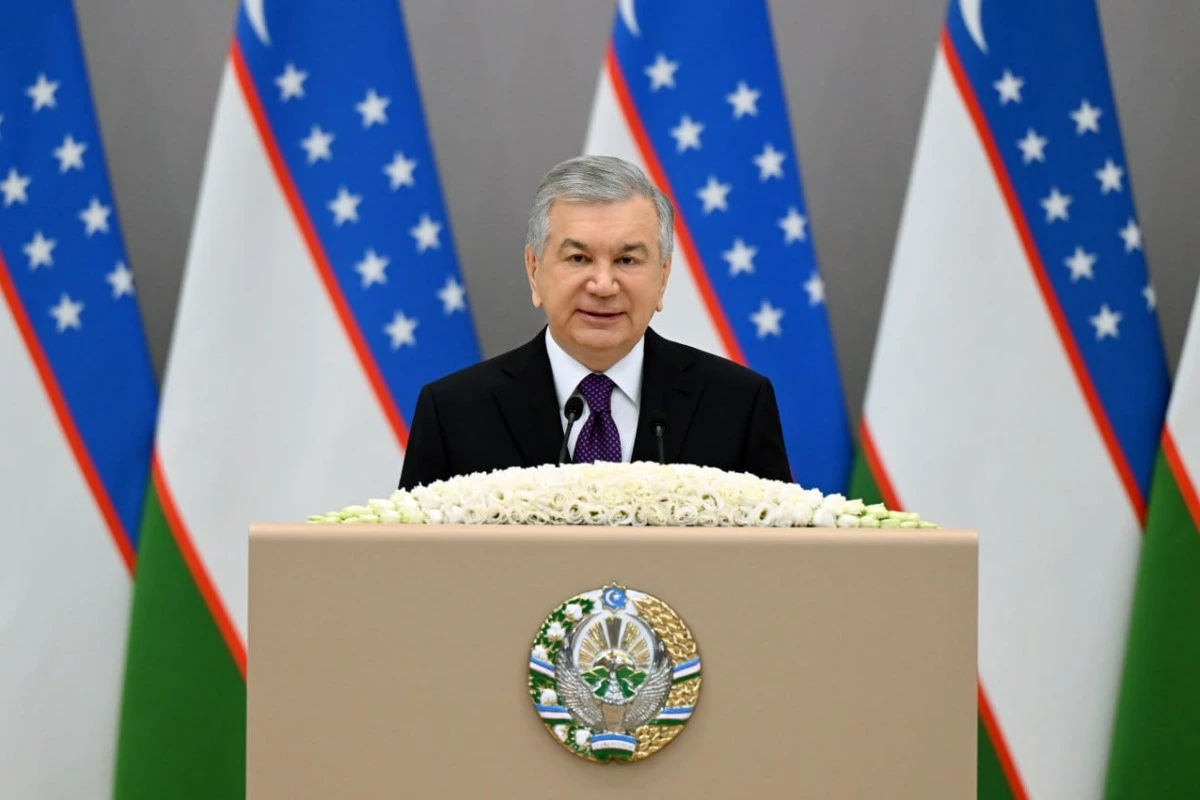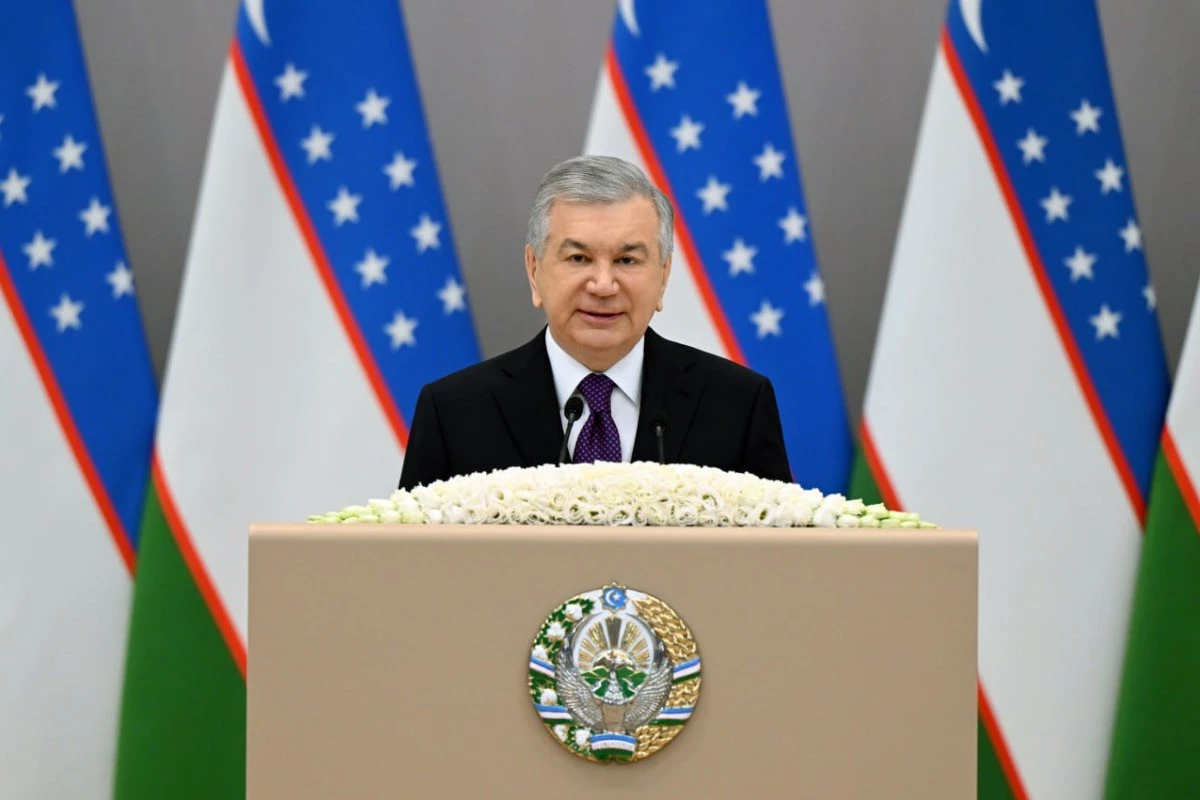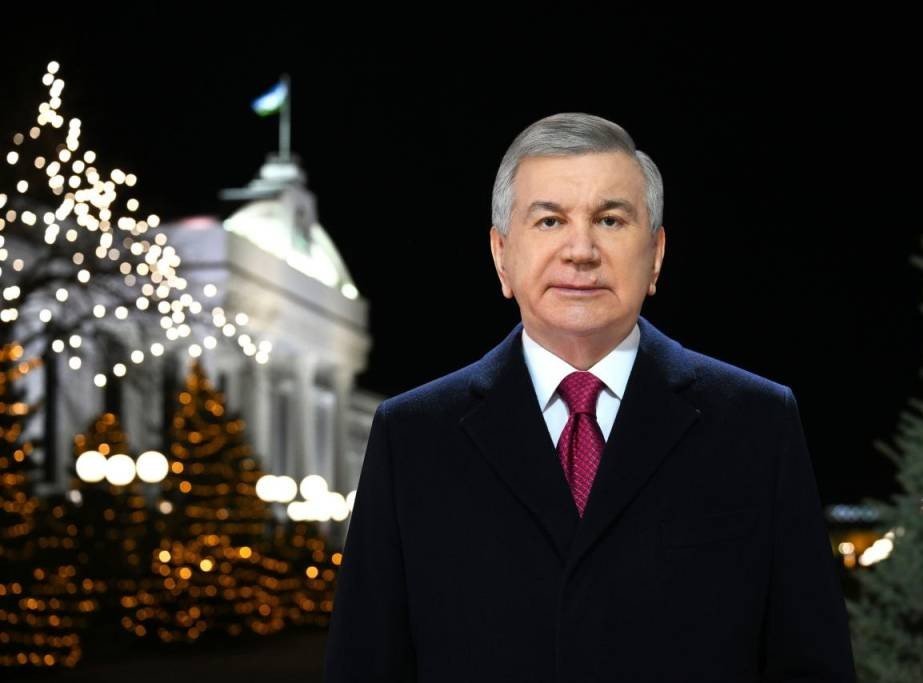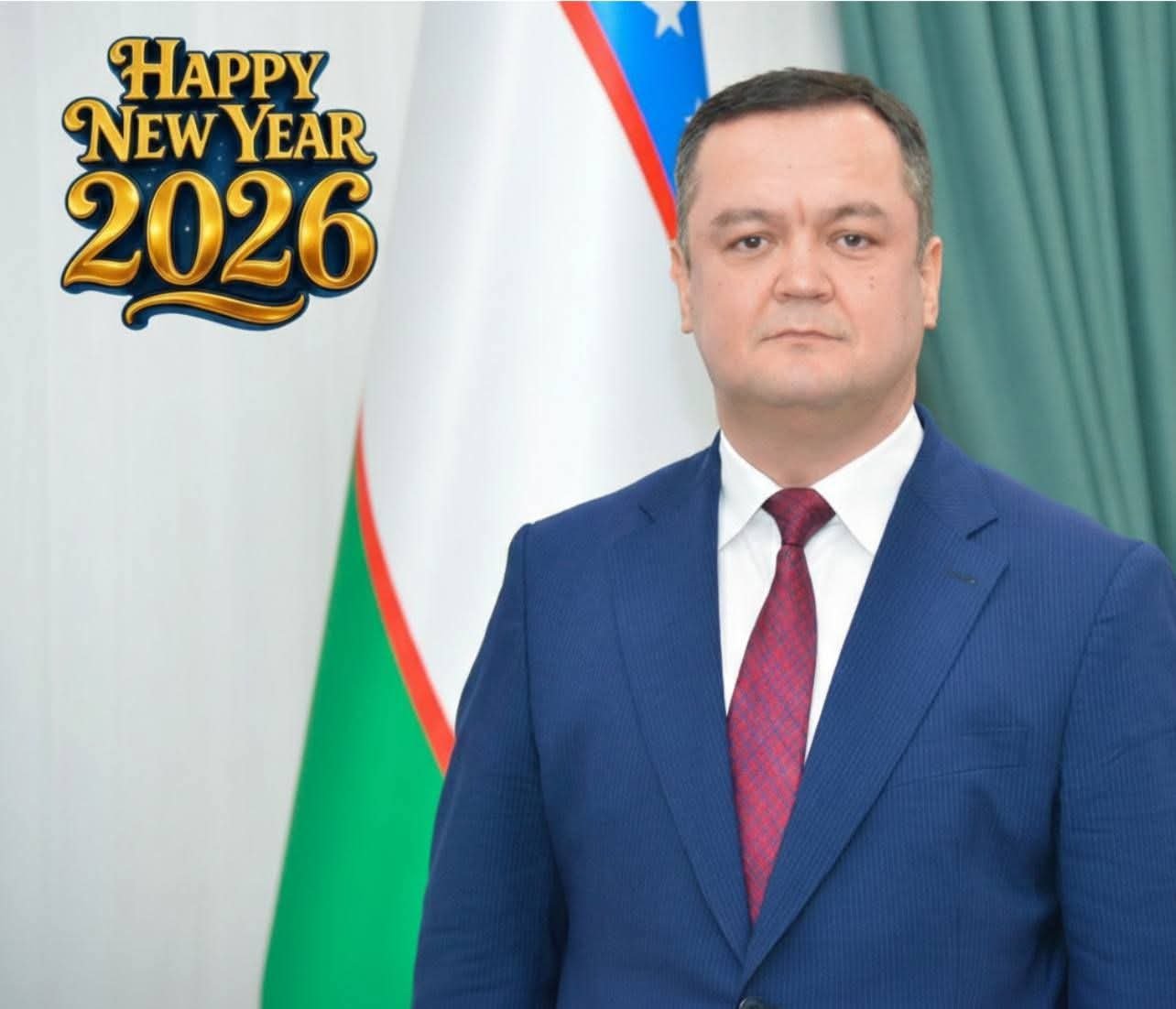Tashkent, November 28, 2024 – The Europe Today: The Head of State was recently briefed on the progress made in strengthening Uzbekistan’s social environment and advancing religious education. Emphasizing the country’s commitment to fostering an inclusive and tolerant society, the meeting outlined key legislative measures, educational reforms, and initiatives that have shaped the current landscape.
As a legal, social, and secular state, Uzbekistan guarantees freedom of conscience, a constitutional right that ensures interethnic harmony and religious tolerance. Representatives of all faiths are free to perform their religious rites, a fundamental principle that has contributed to peaceful coexistence in the country.
Over the past five years, significant strides have been made in the religious and educational sectors. Three new laws, four presidential decrees, and numerous resolutions have been adopted, all aimed at serving the interests of religious communities. The Head of State highlighted the creation of favorable conditions for Muslims in Uzbekistan, with over 100 new mosques built and 555 renovated. Additionally, a system for allocating land for religious organizations’ buildings has been implemented, while the country’s Hajj quota has been doubled. Since then, more than 60,000 citizens have made the pilgrimage to Mecca.
The organization of Umrah has also been streamlined to comply with national laws, ensuring a more structured and regulated approach to the pilgrimage.
In education, considerable attention is being paid to qualification and skill development. Under the President’s initiative, several international Islamic institutions have been established, including the International Centers named after Imam Bukhari, Imam Termizi, and Imam Moturidi, as well as the International Islamic Academy of Uzbekistan. These institutions have become important platforms for research and training, with more than 30,000 citizens completing courses in the Quran and Tajweed. The Tashkent Islamic Institute, Mir Arab Higher Madrasah, School of Hadith Studies, and Imam Termizi Specialized Education Institution are playing a key role in shaping the next generation of religious scholars.
The restoration of key religious and cultural sites has also been prioritized. Memorial complexes, such as those of Abu Isa Termizi, Abu Muin Nasafi, Sultan Uwais Karani, and Suzuk-ota, have been restored, and work continues on the Imam Bukhari Memorial Complex and the Center for Islamic Civilization. The Waqf Charitable Foundation has renovated 90 pilgrimage sites to improve the conditions for visitors.
International cooperation is thriving, with Uzbekistan hosting significant conferences, including those on “Islam – the Religion of Goodness and Peace,” “The Scientific Heritage of Imam Termizi in Islamic Civilization,” and Tolerance Week. These events have provided opportunities for the exchange of ideas and the spread of Islamic education.
However, challenges remain, particularly with the spread of radical ideas via cyberspace, which poses a growing threat. It was noted that vulnerable groups, including youth, are increasingly at risk of being influenced by illegal groups through online platforms. The Head of State stressed the need for societal vigilance and called on religious scholars and community leaders to guide individuals toward positive paths.
The creation of Councils of Elders and Parents in local communities, such as those in Kokand and Margilan, has played a vital role in countering these challenges. The initiative of Uzbek pilgrims, “Let’s become devoted servants of the new Uzbekistan and preachers of spiritual values,” has also contributed to the improvement of the social environment.
The meeting concluded with a call to continue strengthening the spiritual atmosphere in local communities, promote education and employment opportunities for youth, and ensure social protection for those in need. The importance of maintaining religious tolerance and interethnic harmony was emphasized as a cornerstone of Uzbekistan’s continued development.
The responsible authorities have been instructed to ensure the integration of socially vulnerable groups into society and promote employment opportunities while fostering a spirit of unity and peace across the nation.
